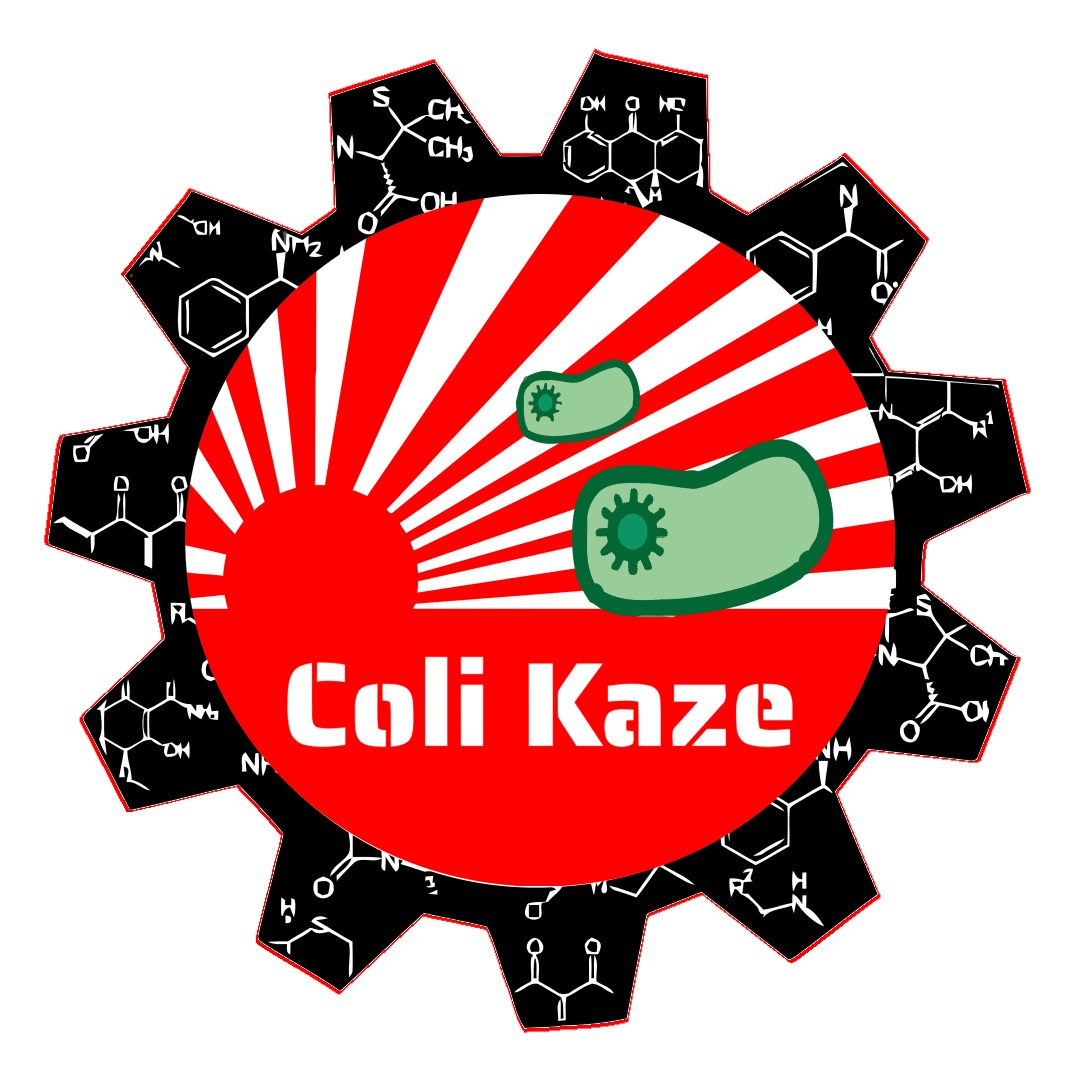iGEM initially started as a study course at MIT in 2003 and went on to become a summer competition. Over the years, it has grown and worked for the progress of synthetic biology and towards developing an open community and collaboration. The ten days long “Giant Jamboree” event that concluded last Sunday brought together 239 participating teams from across the world. The teams presented the exciting results of their projects, which they had worked on during the summer, and IISER Tirupati was one of the undergraduate collegiate teams to win a gold medal. This year being exceptional, all the judging events of the competition were conducted on a virtual portal, and more emphasis was given to computational synthetic biology work involving modeling metabolic system of the microbial world.
The thirteen-member team took the challenge of working from home after the Institute closed due to the COVID-19 pandemic and was mentored by Prof. B.J. Rao, Prof. G Ambika, and Dr. Raju Mukherjee along with continuous support from the director, Prof. K.N. Ganesh. The team also received generous funding from donors and the Department of Biotechnology, Govt. of India, which they secured by winning the iBEC 2020 grant early this year.
The team worked towards developing a synthetic biology-based solution, “Coli Kaze” for reducing antimicrobial resistance, the next major global health concern the world will experience after COVID-19. Antibiotics make their way into the environment from animal farms, where they are used as growth promoters. The project aimed at combatting antibiotic pollution from farm excreta by degrading the antibiotics using genetically engineered bacteria, while also ensuring safety with regards to the spread of antibiotic resistance by activating a self-destructive module ‘kill-switch’ post antibiotic degradation.
The team members also sought opinions from leaders and professionals working on antimicrobial resistance, which helped to restructure their objectives. Another important facet of the project was to interact with high school students to give them exposure to the exciting field of synthetic biology. They organized multiple virtual workshops during the summer months.



